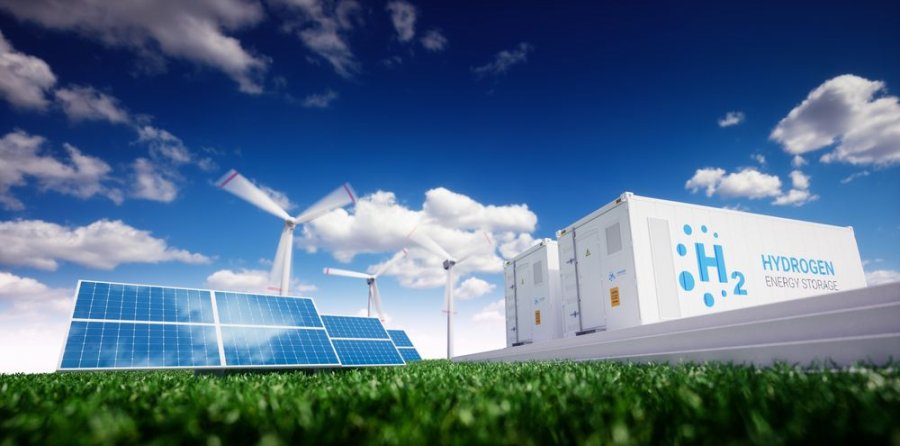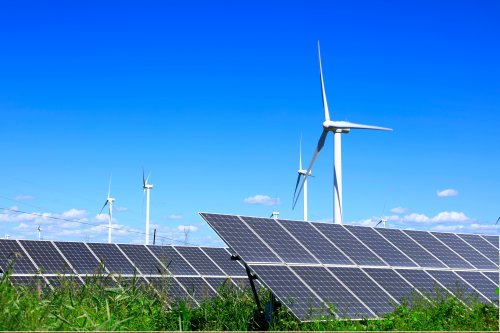The net zero sector of the UK economy showed a 10% growth in 2024, which is £83 billion in monetary terms.
This is reported by The Independent with reference to a study conducted by the Energy and Climate Intelligence Unit (ECIU), a think tank commissioned by CBI Economics and Data City.
The authors of the report argue that the UK's green economy, which includes sectors such as renewable energy sources (RES), electric vehicles, low-carbon heating, green finance, and waste recycling, is an important driver of growth, innovation, and productivity.
The publication notes that the report comes amidst opposition in some quarters to efforts to meet the country's legally binding goal of reducing greenhouse gas emissions to zero by 2050.
The UK's green economy: key figures
1. According to the analysis, at the end of 2024, there were 22,800 businesses in the UK that belonged to the “net zero economy” sector, most of which are small and medium-sized businesses.
2. The sector created £83.1 billion of additional value for the economy:
- £28.8 billion was generated by net zero businesses;
- another £54.3 billion was generated in the supply chain and the economy as a whole.
3. It helped to create:
- 273,000 full-time equivalent jobs directly in the sector, overtaking the telecommunications sector last year;
- an additional 679,000 jobs in the supply chain and in the economy as a whole.
4. Jobs in the green industries tend to be better paid than the UK average, with workers in the sector earning an average of £43,076 a year, compared to £37,430 for full-time workers across the UK as a whole, the report says.
5. According to the study, these jobs are highly productive, with each full-time job generating £105,000 in economic value. This figure is significantly higher than the UK average.
6. The sector attracted £23 billion in public, private and foreign direct investment in 2024.
Contributing to regional development
The study also showed that the net zero economy is growing significantly in regions outside of London and the South East, such as Yorkshire and the Humber and Scotland, and is boosting some of the most deprived areas of the country.
According to the study, the green economy is particularly important in Scotland, as it accounts for about 4.9% of the country's gross value added (GVA), contributing about £9.1 billion to the economy, and supports about 3.8% of jobs, the report said.
Based on the research, CBI Chief Economist Louise Hallam said that net zero should be at the center of the UK's growth strategy. She called on ministers to prioritize decarbonization of various sectors, including transport, buildings, industry and manufacturing, to significantly boost the green economy and reduce emissions.
In December 2024, EcoPolitic prepared a material about the key differences between CBAM in the UK and the EU. We also talked about the fact that in 2024, the UK spent £1 billion to temporarily shut down wind turbines due to the lack of infrastructure for transporting energy during peak hours, as the power system could not cope with the power it received.





